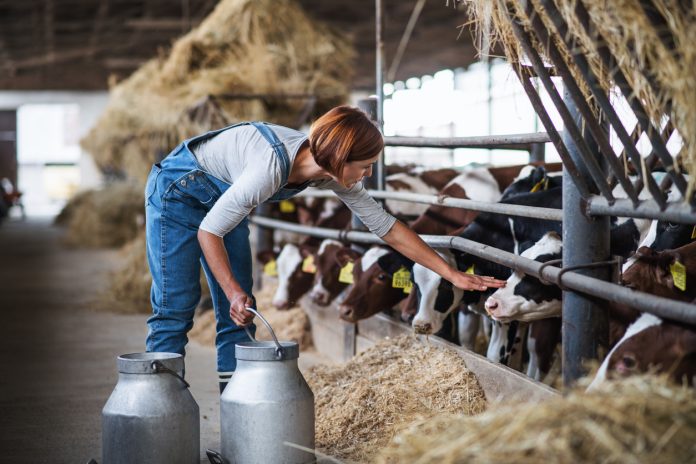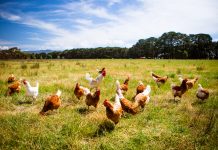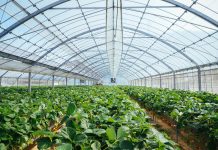A new study from the University of Oxford finds that rising adoption of plant‑based eating patterns could reduce global agricultural labour demands by 5‑28%
A significant new report from the University of Oxford’s Environmental Change Institute warns that the global embrace of plant-based diets could reshape the world’s food system, cutting the need for livestock-led labour but driving up jobs in horticulture. The modelling study projects a drop in agricultural labour needs of 5–28%, equivalent to 18–106 million full-time jobs, and annual savings of up to US$995 billion by 2030. The findings underscore the urgent need for policy-led support to manage this shift fairly for workers worldwide.
The study is published in The Lancet Planetary Health: Labour requirements for healthy and sustainable diets at global, regional, and national levels: a modelling study.
The impact on farming and food production
The researchers meticulously combined detailed data on labour requirements for crops and livestock with models of global food production, ensuring a comprehensive understanding of how dietary changes could affect the agricultural workforce.
The team, led by Dr Marco Springmann, senior researcher at the ECI, alongside co-authors Professor Michael Obersteiner, director of the ECI; Dr Yiorgos Vittis, an agricultural and food economist; and Professor Sir Charles Godfray, director of the Oxford Martin School, examined how dietary patterns such as vegan, flexitarian, and pescatarian would affect employees in the food production industry in 179 countries.
They found that adopting more plant-based diets could reduce global agricultural labor needs by 5-28%, equivalent to 180-106 million full-time jobs by 2030, due to the lower demand for livestock production.
Simultaneously, around 18-56 million additional full-time workers could be required to produce fruits, vegetables, legumes, and other plant-based foods.
These changes could reduce global labour costs by US$290-995 billion per year, equivalent to around 0.2-0.6% of global GDP.
“Dietary change doesn’t just affect our health and the planet – it also has a big impact on people’s livelihoods. Moving away from meat-heavy diets reduces the need for labour in animal production but increases demand in horticulture and food services. Consistent strategies and political support will be needed to enable transitions both into and out of agricultural labour,” commented Dr Marco Springmann, Environmental Change Institute.
Are plant-based diets the future?
With ongoing concerns about climate change, plant-based diets are rising in popularity. The agriculture and farming industries are both contributors to the problems and key players in the solution.
Figures suggest that agriculture contributes to one-quarter of global greenhouse gas emissions, mainly from livestock (methane), fertiliser use (nitrous oxide), and land-use change such as deforestation for crops or grazing.
However, the farming and agriculture sector is a social and economic lifeline to millions of people worldwide, and transforming our diets will reshape the industry and food production.
The study emphasises the need for policy and planning, and introduces measures such as retraining, redeployment, and investment in horticultural production to support employees and rural communities as the world changes and food systems evolve.











